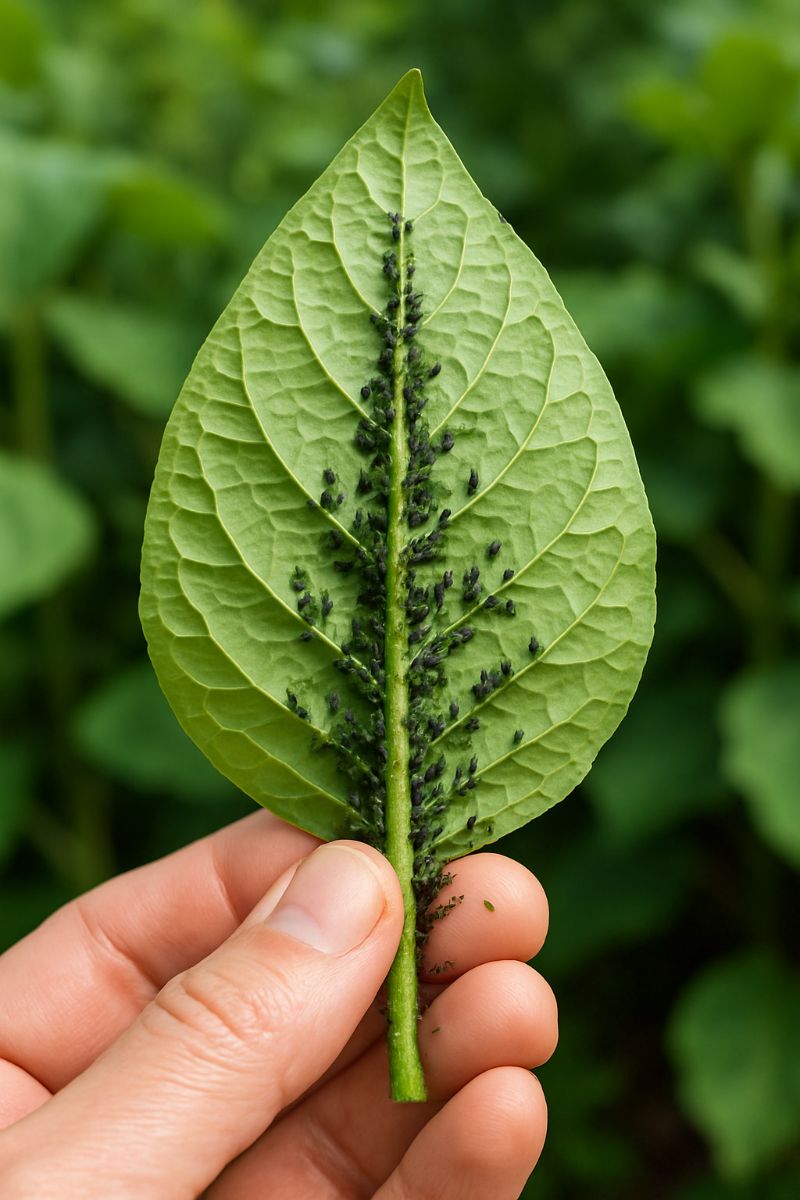As the gardening season approaches, many enthusiasts are eager to see their plants flourish. However, one of the most common threats to a thriving garden is the presence of aphids. These small, sap-sucking insects can cause significant damage to plants if not managed properly.
Aphids reproduce rapidly and can quickly infest a garden, leading to stunted growth, curled leaves, and even plant death. Fortunately, there are several effective strategies to protect your plants from these pests. In this article, we will explore seven ways to keep your garden thriving by safeguarding it against aphids.
1. Understanding the Aphid Threat
Aphids are small, soft-bodied insects that feed on the sap of plants. They are typically less than 1/4 inch long and can be green, black, brown, pink, or almost colorless. These pests are often found in clusters on the undersides of leaves and stems.
Aphids can cause significant damage by sucking the sap from plants, which weakens them and can lead to the transmission of plant viruses. A single aphid can produce up to 80 offspring in a week, making it crucial to address infestations promptly. Early detection and intervention are key to preventing aphids from taking over your garden.
2. The Importance of Early Detection
Detecting aphids early is crucial to preventing a full-blown infestation. Regularly inspect your plants, especially the undersides of leaves, for signs of aphids. Look for curled or yellowing leaves, which can indicate the presence of these pests.
Catching aphids early allows you to take immediate action, reducing the need for more drastic measures later. Consider using a magnifying glass to spot these tiny insects, and check your plants at least once a week during the growing season.
3. Natural Predators: Encouraging Ladybugs and Lacewings
One of the most effective ways to control aphids naturally is by encouraging their natural predators, such as ladybugs and lacewings, to inhabit your garden. Ladybugs can consume up to 50 aphids a day, while lacewing larvae are known as ‘aphid lions’ for their voracious appetite.
To attract these beneficial insects, plant a variety of flowers such as dill, fennel, and yarrow. These plants provide nectar and pollen, which are essential food sources for adult ladybugs and lacewings. You can also purchase ladybugs and lacewing eggs from garden centers to introduce them directly into your garden.
4. Homemade Remedies: Soap and Water Spray
A simple yet effective homemade remedy for aphids is a soap and water spray. Mix 1 tablespoon of dish soap with 1 quart of water and spray it directly onto the affected plants. The soap helps to break down the outer shell of the aphids, causing them to dehydrate and die.
Be sure to cover all parts of the plant, including the undersides of leaves, where aphids like to hide. Repeat the application every few days until the aphids are gone. This method is safe for most plants, but it’s always a good idea to test a small area first to ensure there’s no adverse reaction.
see next page
ADVERTISEMENT
ADVERTISEMENT

